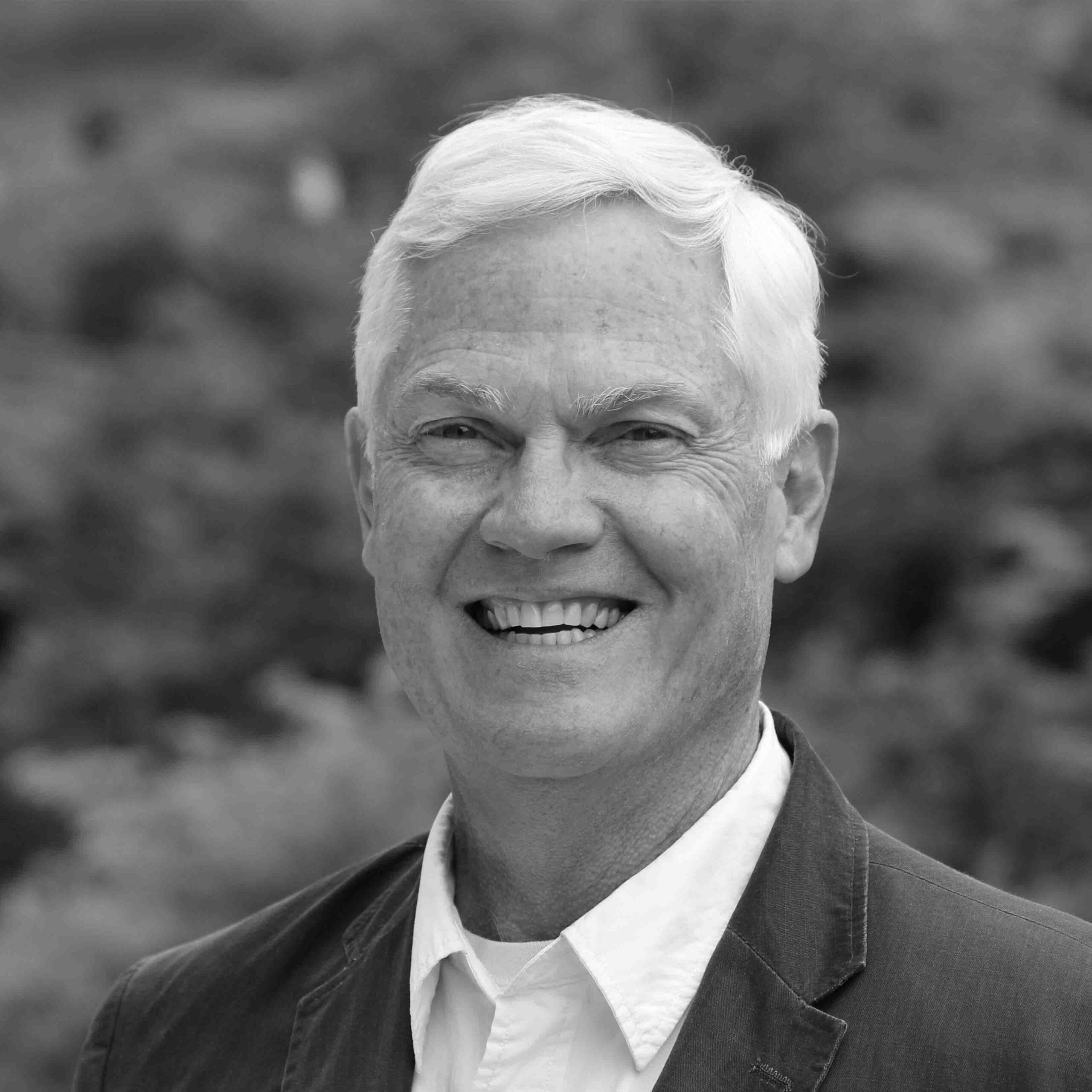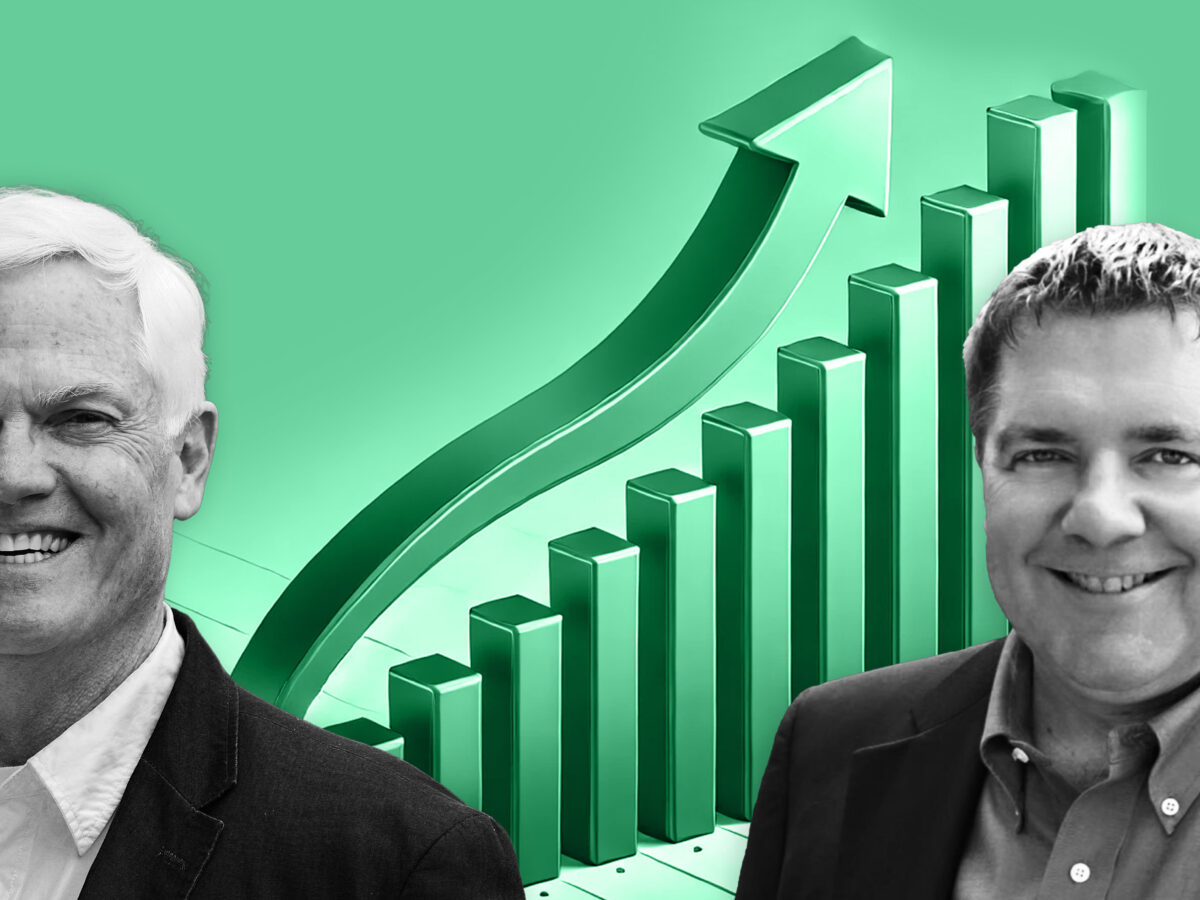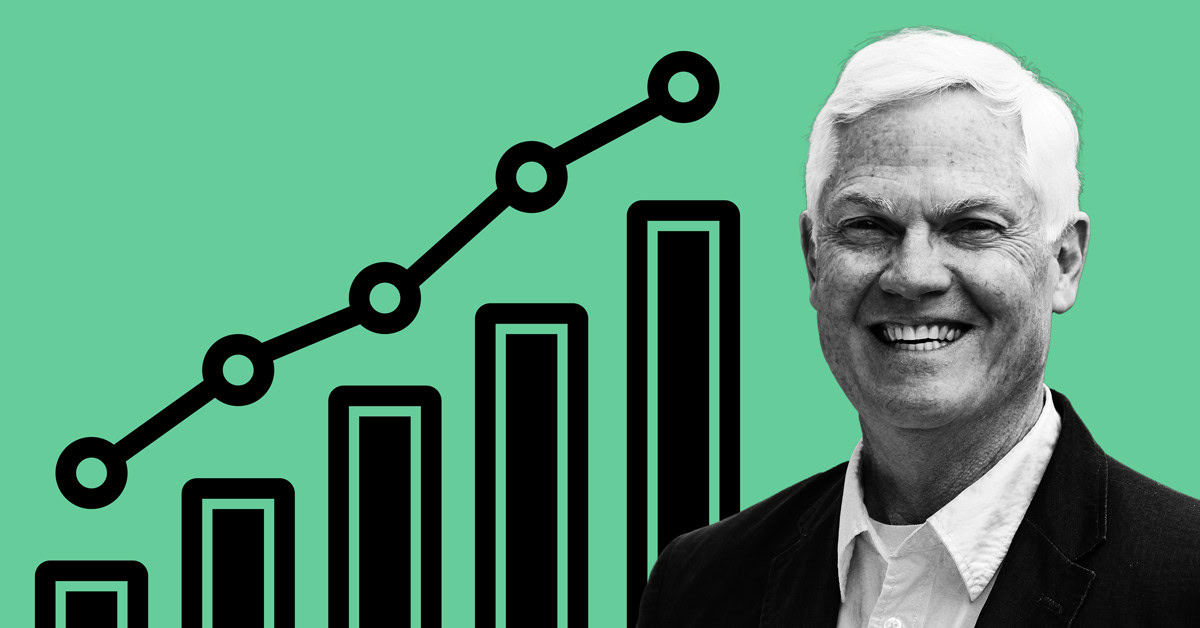What the World Needs Now
Three Strategies to Help Communities Recover

Nearly two months into this pandemic, I think we all have a greater appreciation for the steady service of many unsung heroes: our check-out clerks, shelf stockers, deliver people, logistics, transportation, warehouse and food and agriculture workers. But mostly, we have all been inspired by the self-sacrificial labors of nurses, doctors, healthcare staff and first responders. We have observed scenes of exhausted medical teams working to save as many critically ill as they can, gloved nurses holding the hands of dying patients while communicating final family good-byes, and staff lining hospital hallways clapping and celebrating the victory of survivors as they are being wheeled out and on their way home. Sadly, according to early CDC estimates, at least 10% of coronavirus victims are the healthcare workers themselves. Some states, like Ohio, estimate that 20% of healthcare workers have contracted coronavirus, and that figure is growing.
What we have witnessed is the power of unselfish and benevolent love in action. Now, I wonder, as we gain more control over the pandemic in the next months and year, what can we learn from our heroes as we turn our energies to addressing the economic carnage that has been destroying livelihoods? How can we help contain further economic damage so as to minimize the financial, physical, emotional and mental pain of our family, friends, and community members near and far? Here are three love-grounded strategies to help you think about your own role in healing a wounded society.
Support trusted, frontline social services organizations – Many social non-profits fill a critical gap for the poor, the unemployed and the homeless. They provide essential food and services including temporary shelter and transition services to help stabilize individuals and families and to get them onto a path of self-sustenance. But their resources are being depleted faster than ever during this pandemic. Two highly-regarded non-profits I support are HomeFront and TASK (Trenton Area Soup Kitchen). Homefront is seeing a 400% increase in demand for its food pantry. They need basic goods from diapers and baby formula to canned tuna, soups and fruit. TASK needs supplies, donations and volunteers to shore up its food preparation and service operations. But all non-profits are being strained – and we need them to leverage their capacity and expertise to be able to scale their operations to endure the COVID-19 recession we are now experiencing.
Support local business – This pandemic swiftly accelerated the shift to online ordering and delivery which favors massive organizations like Amazon, Walmart, and Target. Wherever and whenever possible, I recommend we think and buy local first. Buying local supports our communities and neighbors and strengthens shorter supply chains wherever possible. Think farm to table when it comes to buying fresh produce. If you currently have a checking account, business loan, or mortgage with a large national bank, think about developing a relationship with a strong, committed local community bank. Perhaps in the short-term, we will give up a little of the online convenience we’ve been accustomed to, but we will reap new kinds of rewards such as establishing trusted relationships with people in our local economies.
Support personal health and wellness – Perhaps this is what we need to be most committed to in order to create lasting change. We have learned from this pandemic that those most vulnerable to succumbing to coronavirus are people with underlying health conditions – particularly those who struggle with weight management and hypertension. A sedentary lifestyle is one of the biggest health risk factors that we can overcome. Commit to improving your health and wellness by making gradual improvements in exercise and eating choices. Get reconnected to friends and make new ones online through religious groups, educational institutions, and volunteer-based organizations. Doing so is proven to uplift your spirits. Mental, spiritual, and physical health are all connected. So let’s get connected, locally, and we will weather this and future storms better together.





